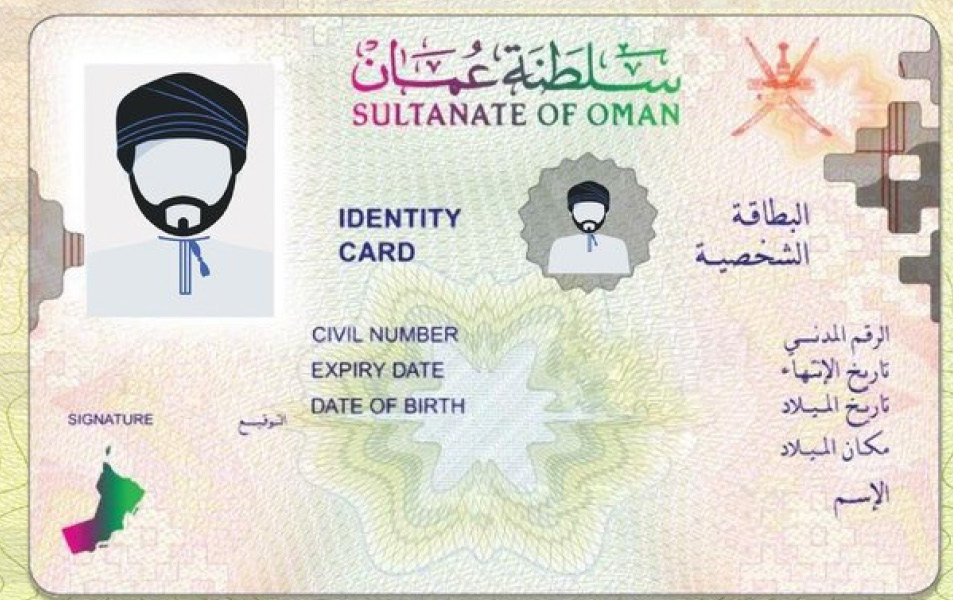MUSCAT: Oman has introduced significant reforms to its civil identification system under Royal Oman Police Decision 78/2025, which amends the Executive Regulation of the Civil Status Law originally issued under Decision 40/2007. These reforms are aimed at modernizing card validity periods, revising fee structures, and improving administrative efficiency, while also streamlining fiscal procedures. The initiative reflects the country’s effort to keep pace with technological advancements and simplify processes for both citizens and expatriates living in the Sultanate.
Previously, Omani nationals were required to renew their identity cards every five years, with issuance or renewal fees set at OMR 5 and replacement fees for lost or damaged cards at OMR 10. Meanwhile, non-Omani residents could obtain residence cards with either a one-year or two-year validity. A one-year residence card carried a renewal fee of OMR 5 and a replacement fee of OMR 10, while the two-year option required OMR 10 for issuance or renewal and OMR 20 for replacement. These regulations had been in place for years, creating an established framework that balanced cost and administrative control but required periodic updates to match current needs.
Under the amended regulations, the validity of Omani national ID cards has doubled from five years to ten years, significantly reducing the frequency of renewals. However, the issuance and renewal fee has increased to OMR 10. Another important change is the reduction of the renewal grace period from 60 days to 30 days after the card’s expiry, which encourages timely compliance. For expatriates, residence cards now offer extended flexibility, with validity options of one, two, or three years. The corresponding fees are OMR 5 for one year, OMR 10 for two years, and OMR 15 for three years, while replacement fees for lost or damaged cards have been standardized at OMR 20.
These reforms represent a strategic move to ease the administrative burden on both authorities and cardholders by reducing the number of renewal cycles and aligning costs with service enhancements. Longer validity periods for national ID cards mean fewer visits to service centers for citizens, while expatriates benefit from greater flexibility in selecting their residence card duration. This approach not only improves convenience but also supports the government’s digitalization and efficiency goals by minimizing paperwork and streamlining data management systems across various state institutions.



